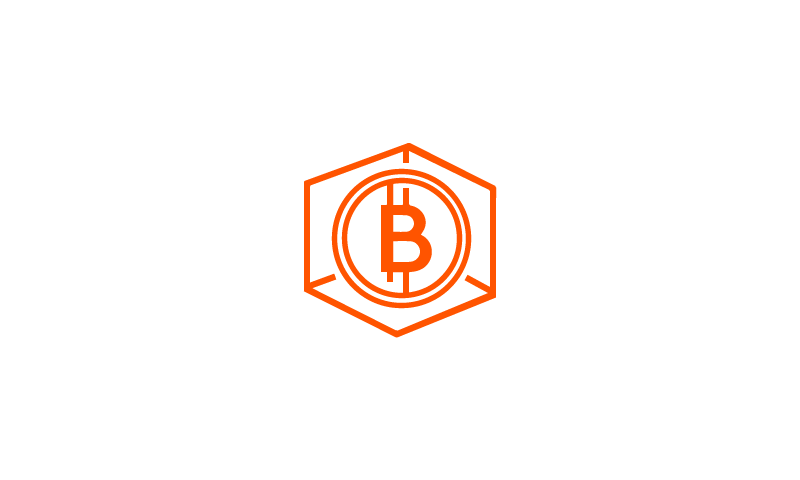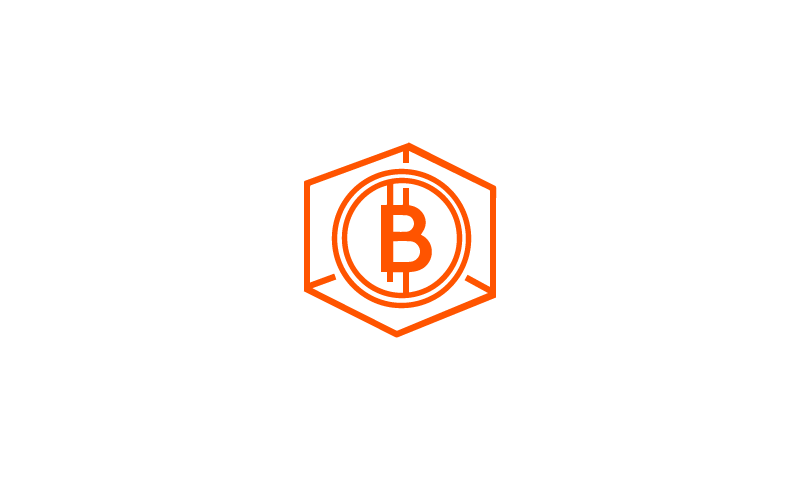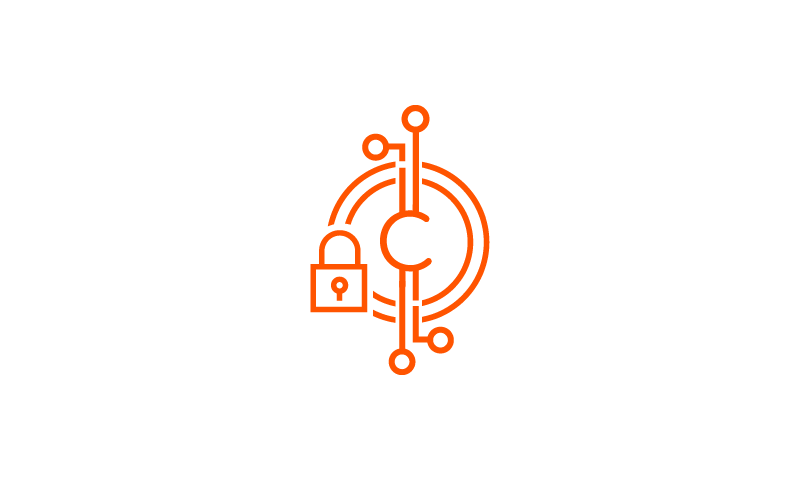New in Digital Assets: July 2023
Price action across the digital assets landscape was divergent in July, and largely driven by headlines related to regulatory developments. A primary reason for this divergence was the decision handed down in the SEC’s lawsuit against Ripple Labs, which seemed to suggest that a primary pillar on which the SEC has used to back its claim that many crypto assets are unregistered securities may not, be legitimate. As a result, several crypto assets that the SEC previously suggested met the criteria of unregistered securities saw their prices jump following the decision. XRP, the token issued by Ripple Labs, finished the month up 47.5% and was relisted on Coinbase’s exchange platform. In addition, the Solana blockchain’s SOL token claimed to be a security in the SEC’s lawsuit against Coinbase, gained 25.9% in July. Similarly, the SEC vs. Ripple Labs, Inc. decision was viewed as highly supportive of Coinbase’s defence against the SEC’s allegations that the exchange is operating as an unregistered broker-dealer, clearinghouse, and custodian. As such, Coinbase stock (ticker: COIN), finished the month up 37.9%, closing the month at its highest level since May 2022.
Meanwhile, more well-established crypto assets such as bitcoin (BTC) and ether (ETH) demonstrated more muted monthly performance, closing down -4.1% and -4.0%, respectively. In fact, both bitcoin and ether have been trading at historically low levels of implied volatility coupled with very low trading volumes over the past few weeks, signalling a period of investor apathy following a fast-moving rally in June.

News & Headlines
Regulation
U.S. District Judge Offers Ruling in SEC vs. Ripple Labs, Inc. Case
On July 13th, Judge Annalisa Torres of the United States District Court for the Southern District of New York released a split decision in the ongoing lawsuit between the SEC and Ripple Labs. Initially filed in December 2020, the SEC’s lawsuit alleges that Ripple Labs, Inc. and two of its executives raised more than $1.3b through an unregistered securities offering in the form of the XRP token.
In her decision, Judge Torres distinguished the way the XRP token was sold, the accompanying marketing effort for the sale, and the end investor purchasing the token. Specifically, Judge Torres ruled that Ripple Labs’ direct sales of XRP tokens to institutional investors did amount to an unregistered offering of securities, as the value proposition of the token was marketed as being implicitly tied to the ability of Ripple Labs to execute on its vision for the XRP ecosystem.
Perhaps more importantly, however, was Judge Torres’ ruling that the programmatic sale of XRP tokens to retail investors on public exchange platforms does not meet the criteria for an unregistered securities offering. The primary distinction from the institutional sales was that programmatic sales to retail investors occurred in blind bid-ask transactions in which buyers had no ability to know who their payments were going to. As a result, Judge Torres claims that these sales did not create an expectation of profit among investors that was tied to the efforts of Ripple Labs or its executives—a key component of the Howey Test a widely referenced framework used to determine the criteria of an investment contract.
Judge Torres’ decision has been received favourably by the digital assets community. For many, the ruling is viewed as potentially precedent-setting and as supportive of the claim that crypto assets sold via Initial Coin Offerings (“ICOs”) to retail investors should not qualify as unregistered securities offerings.
Crypto & Web3
Chainlink Launches Cross-Chain Interoperability Protocol (CCIP)
Chainlink’s Cross-Chain Interoperability Protocol (CCIP) was launched on July 20th, with early access provided to developers on Ethereum, Optimism, Polygon, and Avalanche. The protocol aims to address the growing interoperability challenges faced by developers of smart contracts and decentralised applications, specifically as it relates to managing operations of these platforms across a multitude of blockchains, including layer one blockchains, layer two rollups, sidechains, and app-specific chains.
Building on top of Chainlink’s Oracle infrastructure, CCIP facilitates highly secure cross-chain communication, including data validation, token transfers, and an Active Risk Management (ARM) network used to detect malicious cross-chain activity. CCIP represents a significant step towards establishing universal inter-blockchain communication standards and reducing thefriction associated with siloed blockchain ecosystems.
Uniswap Labs Announces Newest Protocol: UniswapX
Uniswap Labs CEO Hayden Adams revealed his company’s newest initiative at the EthCC conference: UniswapX. The new protocol is designed to optimise asset swaps by aggregating all sources of on-chain liquidity, abstracting away the complexities of gas payments, and protecting consumers against the maximal extractable value (“MEV”).
UniswapX employs a Dutch auction system for trade routing to accomplish these goals. Under this paradigm, a user will need to specify the tokens they would like to swap and which chain they would like to receive the tokens. An open network of trade routers will then submit bids to complete the trade, with the lowest price clearing the market. UniswapX is currently in an opt-in beta phase on Uniswap’s main Ethereum interface. A similar beta offering is planned to be rolled out to a handful of other chains in addition to the Uniswap wallet in the near future.
Related Funds
For investors looking to invest in Bitcoin or Ethereum, the Global X 21Shares Bitcoin ETF and Global X 21Shares Ethereum ETF may be of interest. Global X offers Australia’s only ETFs with direct physical exposure to Bitcoin and Ethereum.


